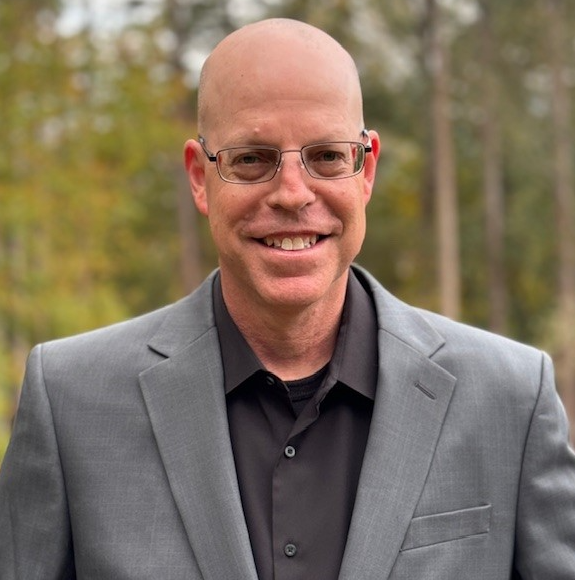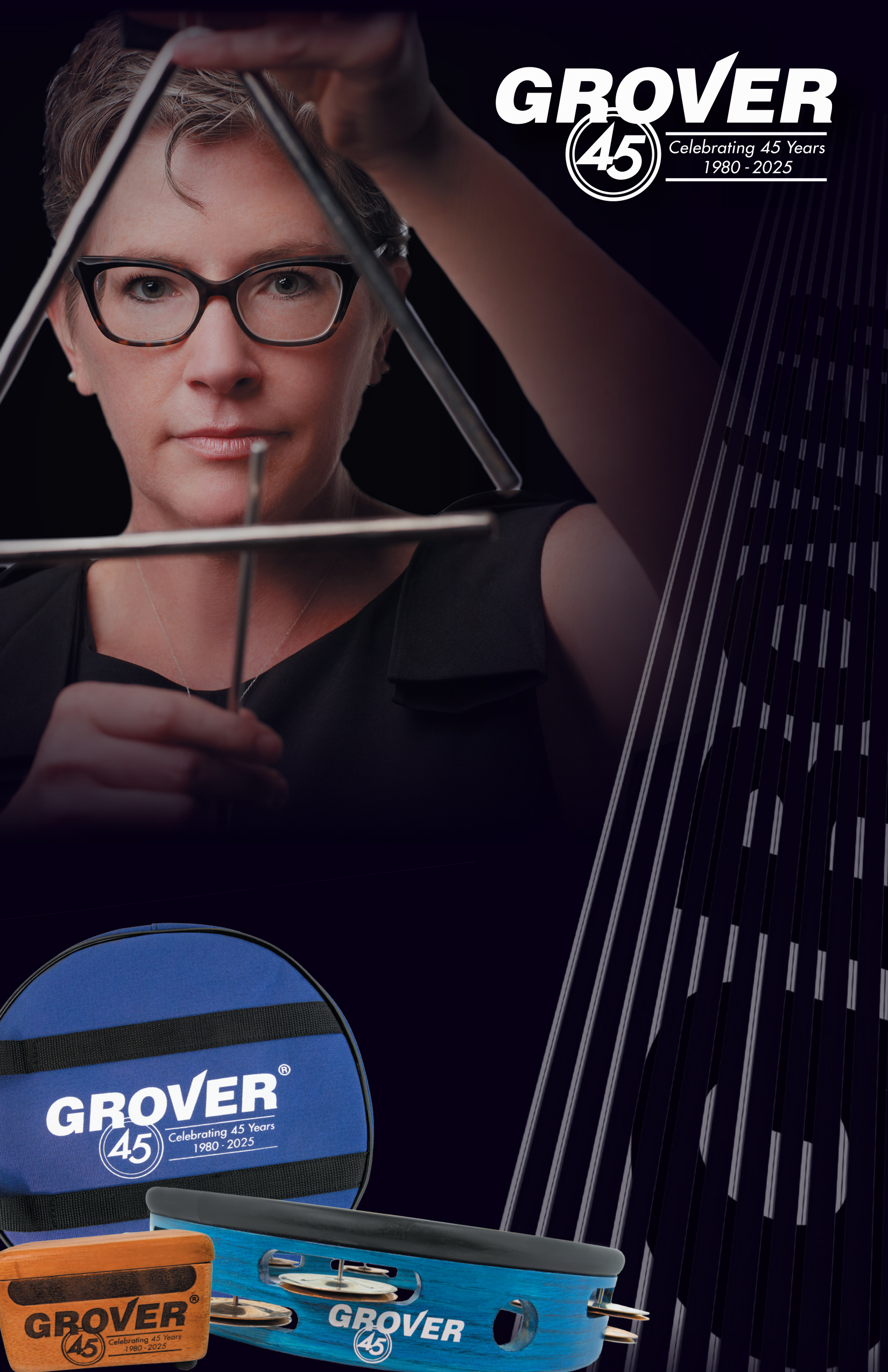by Dr. Paul Buyer
Have you ever been told by a director, instructor, or section leader that you “need to practice?” This vague statement can often leave students confused, deflated, and discouraged. Instead, what students really need is direction, help, and mentorship on how to practice, so they are equipped to work on their own in a productive and efficient manner. Here are fifteen tips on how to structure an excellent individual practice session:
- Reserve the room. Arrange for a dedicated and quiet practice space to get your work done.
- Create a game plan. Know in advance what you need to work on and write down your goals.
- Turn off your devices. Discipline yourself to avoid checking texts, email, and social media.
- Manage your time. Organize, plan, and schedule the time you need to achieve your goals.
- Be consistent. Show up for your practice time and practice on a regular basis.
- Allow time for warm-up. Prime yourself mentally and physically before jumping into music.
- Use a metronome. Work to improve your time, rhythm, rests, and tempo.
- Embrace slow practice. Train your hands, eyes, and ears to learn correctly from the outset.
- Stay focused. Do deep work. Be aware, notice, and pay attention to the details.
- Use a mirror or video camera. Watch yourself play and learn from the feedback.
- Aim for quality over quantity. Effort and progress trump number of hours in the room.
- Practice in chunks. Divide the music up one section at a time.
- Practice backwards. Start with the last phrase first and be creative.
- Develop perseverance. Learn to be productive even when you do not feel like it.
- Embrace repetition. Play something over and over to achieve confidence and mastery.
Together, these tips form a blueprint for how to practice, a skill many young percussionists are never taught. I have witnessed it many times—a student is physically in the practice room for two hours but gets little done. How can this be? The simple answer is a lack of focus, planning, and self-discipline always leads to a lack of productivity. How you choose to use your time in that lonely, little room will inevitably add up. How do you feel when you leave? Did you work hard and meet your goals? Do you have peace of mind?
To develop a successful system for practicing, tip 15—embrace repetition—is especially important. To embrace means “to accept and support willingly and enthusiastically.” Are your drumline members willing and enthusiastic about the value of repetition? Do they acknowledge it as a key to their success? Are they committed to playing the long game on the path to learning, confidence, and mastery? Or, do they get bored, tune out, and become complacent when repetition is used?
According to novelist David Foster Wallace in his essay on tennis great Roger Federer, “Repetitive practice…often looks tedious or even cruel to an outsider, but the outsider can’t feel what’s going on inside the player—tiny adjustments, over and over, and a sense of each change’s effects…” In other words, repetitive practice allows your players to feel the change, growth, and improvement going on inside of them. A powerful practice tip indeed.

Paul Buyer is Director of Percussion and Professor of Music at Clemson University where he also served as Director of Music and Acting Associate Dean. He received his Doctor of Musical Arts and Master of Music degrees from the University of Arizona and his Bachelor of Science degree from Ball State University.
Dr. Buyer is a sought-after keynote speaker, clinician, and the author of World Music, Drumline Gold, Working Toward Excellence, Marching Bands and Drumlines, and co-author of The Art of Vibraphone Playing. His articles have appeared in American Music Teacher, Teaching Music, Yamaha Educator Suite, Jazz Education Network, Percussive Notes, Rhythm! Scene, and The PAS Educators’ Companion.
Dr. Paul Buyer is a former member of the Star of Indiana Drum and Bugle Corps and placed 2nd in DCI Keyboard Individuals in 1990. In 1992, he was a percussion staff member with the Dutch Boy Drum and Bugle Corps. He was the recipient of the 2019 PAS Outstanding Service Award, served as PAS Second Vice President from 2015-2018, and currently serves as Co-Editorial Director for Percussive Notes, the official PAS journal.

Leave a Reply